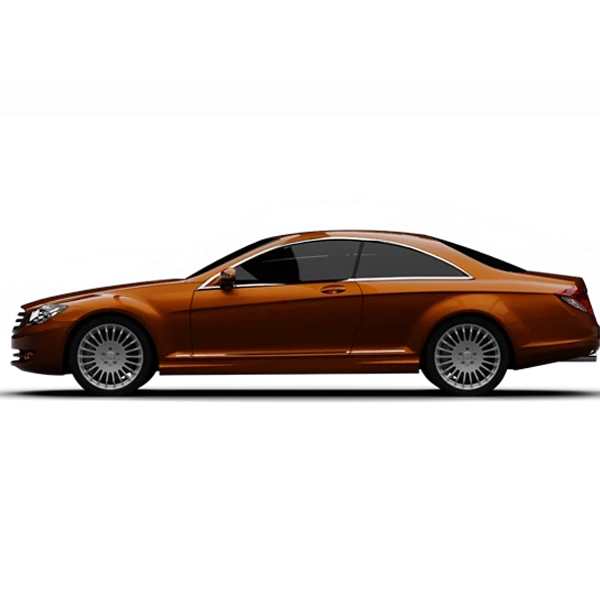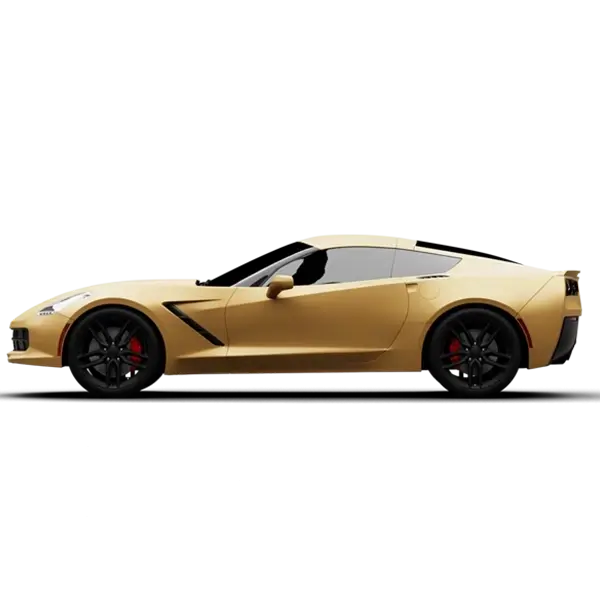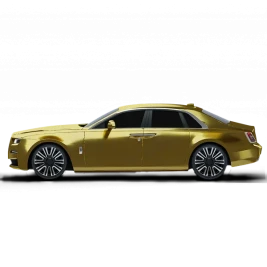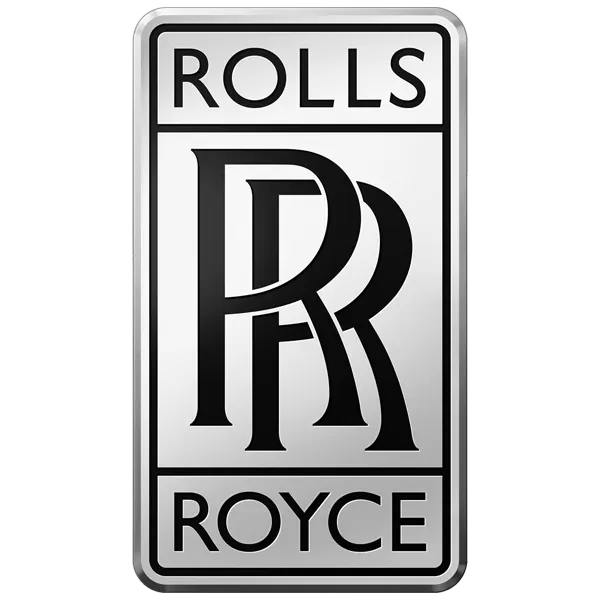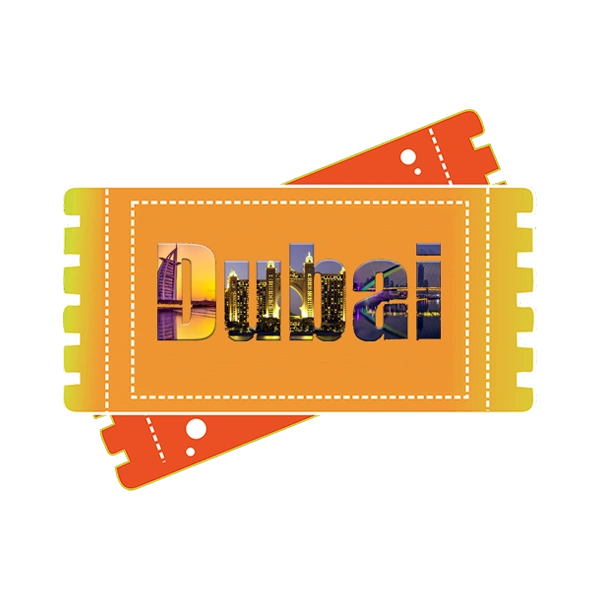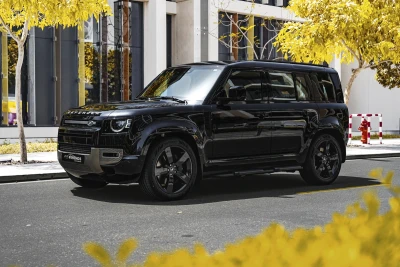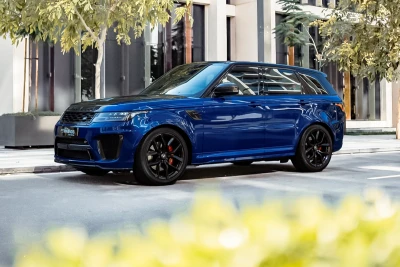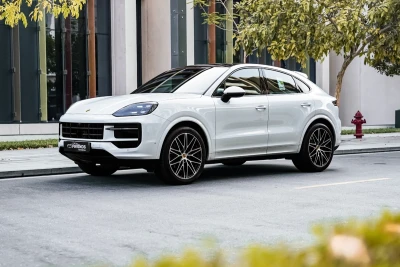How to Buy a Car From Auctions in Dubai?

Thinking of buying a car in Dubai? While dealerships are a popular option, car auctions offer a unique and often more affordable way to find your next vehicle. But how to buy a car from auctions in Dubai? This comprehensive guide elaborately navigates the entire process, providing a clear, step-by-step roadmap to a stress-free purchase.
You will learn every intricate detail, from the different types of auctions and essential requirements to potential costs and crucial precautions. We also cover the risks involved, such as 'as-is' sales without warranties, so you are fully prepared to secure a top car, from a sleek sports car to a reliable family SUV, at a fraction of the market price.
How can I buy a car from Dubai car auctions?
To buy a car from auctions in Dubai, follow these steps:
Research & Understand Auction Types
Check Eligibility & Gather Requirements
Register for the Auction
Inspect Vehicles Thoroughly
Participate in Bidding
Complete Payment & Ownership Transfer
Handle Post-Purchase Procedures
1. Research & Understand Auction Types
Buying a car at any Dubai car auction starts with knowing your options. The initial step is to pick the right auction format that seamlessly complements your requirements. It sets a strong foundation for a successful purchase.
Before participating, research Dubai car auctions in-depth to align with your needs and budget. Start by identifying auction formats.
Dubai Car Auction Types/Formats
Dubai car auctions are classified into three types.
Live Auctions
Live auctions are In-person events for government sales (e.g., abandoned or confiscated cars from Dubai Police or RTA). However, these are often restricted to licensed agents.
Public access may require an agent to bid on your behalf. Live car auctions in Dubai are generally held at venues like Al Awir Auto Market. Official sites or newspapers announce the auction details in advance.
Online Auctions
Online auctions are accessible remotely via platforms with live bidding, sealed bids (secret offers), or flash sales (24-hour quick auctions). These are ideal for individuals. Their features include AI pricing tools, 360° views, and virtual inspections.
Hybrid/Specialized Auctions
These auctions combine live and online formats. They focus on categories like salvage cars (insurance write-offs), luxury vehicles, electric/hybrid models (rising due to the UAE's Green Agenda 2030), or trucks for logistics.
Sources of Vehicles
The vehicles in Dubai car auctions come from various sources. Some common sources of vehicles are police seizures, bank repossessions, insurance claims, or private sellers.
The auction model specs include Japanese, GCC, or US models. You can check for eco-compliance (e.g., emission standards) to qualify for 2025 incentives like reduced registration fees or toll exemptions.
Popular Platforms
Use sites like Emirates Auction, Copart UAE, Pioneer Auction, Al Qaryah Auctions, or Dubai Police auctions. Compare via their websites for upcoming events, vehicle listings (make, model, year, mileage, condition), and trends favoring EVs/hybrids.
Key Tip: Research market values using tools like DubiCars or YallaMotor to set a realistic budget and avoid overbidding.
Now you know the basics of auction types. This knowledge helps you choose wisely, moving on to check if you qualify. It keeps the process smooth.
2. Check Eligibility & Gather Requirements
Eligibility is key to joining an auction in Dubai—not everyone is qualified. You need the right documents and status. This prevents delays later. Let's break it down simply.
Who Can Participate
UAE residents and visitors (including non-residents with passport and visa).
For live government auctions (e.g., Dubai Police): Often limited to licensed agents; hire one if needed (check agent directories on auction sites).
Online auctions are open to the public—no special invite required.
Businesses need a trade license for bulk buys in Dubai car auctions.
Dubai Car Auction Document Requirements
Ensure you're qualified and prepared with these documents:
Emirates ID for UAE residents & passport/visa for others.
Proof of address if requested.
For online auctions, Government-issued ID for account verification.
Pre-Registration Steps
Attend virtual orientations on platform apps/websites to learn rules.
Pre-auctions disclose full vehicle history (accidents, maintenance, fines).
Verify the disclosed vehicle details via the RTA app or site.
Security Deposit
For online platforms, you must submit a refundable deposit (5-10% of your budget, e.g., AED 5,000-10,000 for an AED 100,000 car) via bank transfer or card to show intent.
With eligibility sorted, you are ready to register. This step builds confidence & leads to active participation.
3. Register for the Auction
Registration lets you enter Dubai’s car auction world. It is quick but important. Do it right to avoid issues. Here are the details for each type.
For Live Auctions
Arrive early at the venue (announced locations like Sharjah or Dubai markets).
Fill registration forms, present Emirates ID, pay entry fee (typically low, AED 100-500).
Receive a car list, bidding number/paddle, and access to inspect vehicles on-site.
For Online Auctions
Create an account on the platform (e.g., emiratesauction).
Upload ID, verify via email/SMS, and deposit funds.
Browse listings with filters for type, price, and condition.
Timeline: Register at least 24-48 hours before the event; some require approval.
When registration is done, you can now explore vehicles next. This opens up exciting options to check out the cars you could possibly own in the near future.
4. Inspect Vehicles Thoroughly
Vehicle inspection protects you from bad buys. You must check everything before you bid. It saves you money in the long run. Follow these steps closely:
Access Inspection
Live: Physically examine cars at the venue; check mileage, body damage, engine, interiors, tires, and electronics.
Online: Use provided details like photos, videos, 360° views, AI reports, or virtual tours.
Key Checks
Vehicle history: Accidents, service records, odometer tampering (use RTA verification tools).
Legal issues: Unpaid fines, liens, or seizures (query via RTA app or Dubai Police site).
Condition: Test battery (for EVs), emissions compliance (mandatory for 2025 regs), and overall roadworthiness.
Third-Party Help: Hire professional inspectors (AED 500-1,000) or request auction-provided reports/test drives (if available, up to 48 hours for locals).
Tip: Prioritize eco-friendly vehicles to align with the Dubai green mobility goal in the near future. Avoid salvage cars unless experienced, as they may need extensive repairs.
5. Participate in Bidding
Bidding is the heart of the auction. This is where you need to stay calm and strategic. It decides if you win your target vehicle. Bid strategically during the auction. Take a look at these bidding formats and strategies:
Bidding Formats
Live: Auctioneer starts with base price; raise paddle to bid in increments (e.g., AED 500-1,000). The highest unchallenged bid wins if it meets the reserve price.
Online: Place digital bids in real-time (with video feeds), sealed (submit max offer), or flash (quick timed bids). Monitor for sniping (last-second bids)—often a good strategy.
Strategies
Start low: Begin at 50-70% of market value. Make increments slowly.
Set limits: Stick to the budget to avoid bidding wars. Bid on the next one if the current one runs above your estimated budget.
Timing: Choose mid-week or month-end auctions for less competition and better deals on repossessions.
Watch patterns: Note alliances or aggressive bidders; use AI tools on platforms for price predictions.
Important Tip: If your bid wins, you need to commit. Otherwise, you will need to forfeit the deposit.
6. Complete Payment & Ownership Transfer
Make the payment to seal the deal. Complete the payment as soon as possible to claim your car. Include all fees in your plan.
Settle quickly post-win.
Payment Deadline: Full amount due within 48 hours (bid price + fees) via bank transfer, card, or cash (check platform rules).
Costs Breakdown (all in AED; estimates for 2025):
Total Budget: Bid + 15-25% for extras; no refunds for post-purchase issues.
Ownership Transfer:
Collect the car from the venue (arrange towing if needed).
Visit the RTA center & submit an auction certificate, pay fines (if any), complete transfer (AED 400-600), get new plates/registration.
Clear customs if exporting (additional fees/paperwork).
Once you complete the above steps, you become the official owner of the car. However, the final step still remains. You need to handle the post-purchase procedure as soon as possible.
7. Handle Post-Purchase Procedures
After completing the payments, it’s time to finalize the entire process for use. This includes insurance and fixes. Once you complete these steps, your auction bought car becomes legal for the Emirates roads. Make sure you complete these steps:
Insurance: Get insurance immediately, as it is mandatory. You can choose TPL at least or opt for full insurance—per your requirements. Insurance covers as-is risks.
Repairs/Compliance: Fix an existing issue in an authorized workshop of the car brand. You also must ensure the 2025 emission standards.
Registration: Renew your vehicle registration via RTA (AED 380-420 annually). Inquire if your EVs/hybrids may qualify for discounts.
Export/Resale: If you didn’t purchase it for keeping, handle export documents, and ship it out.
After you sort out the post-purchase aspects of buying a car from the Dubai car auction, it’s time to relish your newly acquired car. Make sure you drive within the UAE Federal law guidelines.
Precautions, Risks, and Tips for Success
Once you understand the auction procedures, the whole process becomes straightforward. However, if you don’t look into the details or neglect minute aspects, you might run into a loop of issues. To stay clear of such inconveniences, here are a few aspects you need to consider throughout the entire process.
Minimize pitfalls throughout the process:
Risks: As-is sales mean hidden defects, overbidding, or legal snags. There are no warranties/refunds. You solely bear the entire risk.
Some report great deals, others high repair costs on salvage vehicles—balance by verifying everything.
Tips:
Plan your entire budget wisely & verify it from someone who has experience. Don’t forget to include buffers for surprises.
Use agents for complex auctions.
Focus on EVs to align your purchase with Dubai’s near-future plan of green urban mobility. Leverage digital tools for research and bidding.
You must avoid impulse bids in the heat of the moment. Don’t bid on unverified cars or peak-time auctions.
Popular Auction Houses (for reference):
Final Thoughts
Buying a car from an auction in Dubai can be an incredibly rewarding experience. It not only offers the potential for significant savings but also access to a diverse range of vehicles, from everyday cars to luxury models.
However, it is a process that demands careful preparation and a strategic mindset. It mandates proper understanding of the auction types, meticulous vehicle inspections, budget planning, and careful handling of all post-purchase procedures.
The keys to success lie in thorough research and avoiding the pitfalls of impulse bidding. With this comprehensive guide, you are now well-equipped to secure a great car at a fraction of the cost. You can now make your next vehicle purchase in the Dubai auction stress-free and successfully.
Written by: FriendsCarRental
Published at: Mon, Sep 1, 2025 5:45 PM
Leave a Reply
Your email address will not be published. Required fields are marked *
Car Rental in Dubai
AED 2500
DAY
AED 0
MONTH
-
 SUV
SUV -
 4 Doors
4 Doors -
 5 Seats
5 Seats
- 1 Day Rental Available
- Deposit: Not Required
- Insurance Included
AED 5500
DAY
AED 0
MONTH
-
 Sports
Sports -
 2 Doors
2 Doors -
 2 Seats
2 Seats
- 1 Day Rental Available
- Deposit: Not Required
- Insurance Included
AED 1200
DAY
AED 0
MONTH
-
 SUV
SUV -
 4 Doors
4 Doors -
 5 Seats
5 Seats
- 1 Day Rental Available
- Deposit: Not Required
- Insurance Included
AED 1600
DAY
AED 0
MONTH
-
 SUV
SUV -
 4 Doors
4 Doors -
 5 Seats
5 Seats
- 1 Day Rental Available
- Deposit: Not Required
- Insurance Included
AED 1500
DAY
AED 28500
MONTH
-
 SUV
SUV -
 4 Doors
4 Doors -
 5 Seats
5 Seats
- 1 Day Rental Available
- Deposit: Not Required
- Insurance Included

 عربي
عربي
 English
English
 Français
Français
 Русский
Русский
 中国人
中国人
 Nederlands
Nederlands
 Española
Española
 Türkçe
Türkçe
 Italiana
Italiana




